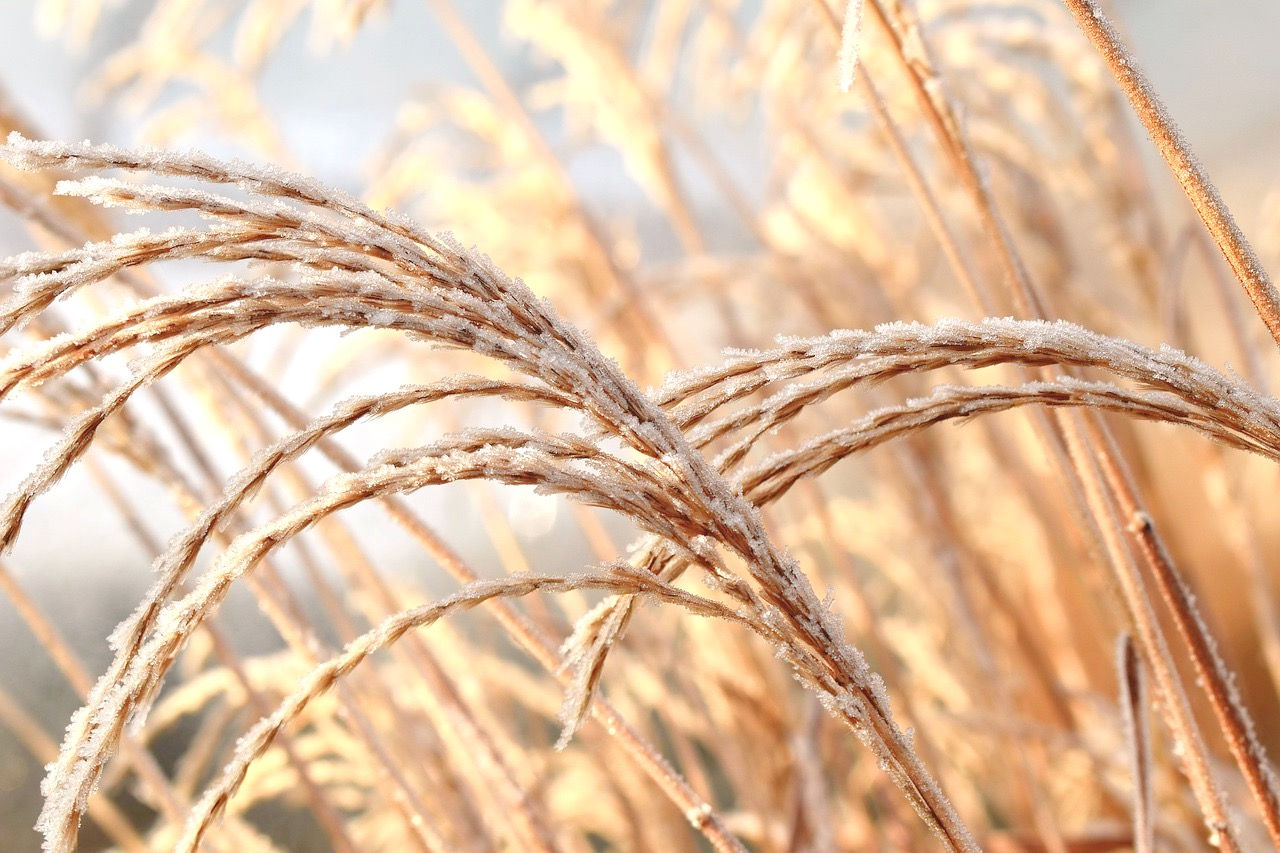
November Recollection: "Wish"
Is this a November poem? The setting is the hill country of northern Yadkin County; thus, the time could be late October, or as late as early December. It was one morning in the early 60s, before 1965, since Mom is driving from the farm on Fall Creek to Boonville School. After '64, we followed a different route.
But the main thing: Why did this memory come back to me, forceful in its clarity, over fifty years after the event? When we saw it, why did we not comment on this fiery vision? Was I too sleepy? Was Mom focused on her day of teaching? We were both quiet people, appreciative of beauty, not good at expressing our wonder.
Back in 2011, I shared this poem and another in a master class led by Debra Kaufman. The next day, I received the following email, one I have kept, one I still deeply appreciate.
John,
I wanted to say I appreciate the sensibility in the poems of yours I saw yesterday. I love poems that explore the mysteries of memory and dream, and how some new instant of seeing can evoke either or both. It's as if this remembered past lies beside or just under or above the surface of the material world. This morning I recalled your poem and the conversation around it in the master class when I read the following in Edward Hirsch's collection of essays Poet's Choice. (Someone had said he didn't see how the connections between the speaker seeing the light on the frosted ground and the memory and the wish connected, but I got those psychological connections.) Anyway, I wanted to share with you what Hirsch wrote because that is what I saw going on in both your poems and Hirsch expressed it so well:
Rainer Maria Rilke ... asserted that childhood is one of poetry's two inexhaustible sources (the other was dreams). I've always been partial to poems that travel a long way back into unconscious memories, that return to the deep, as opposed to the recent, past, such as Randall Jarrell's "Thinking of the Lost World" and Elizabeth Bishop's "In the Waiting Room." These poems are empowered by what Marcel Proust called involuntary memory, that which is spontaneously given back to us, as if by magic, unconsciously. Involuntary memory is triggered by something that has talismanic power: a petite madeleine, a chord of music, the sight of a boy breaking down in tears.
___________________________________________________
Thanks, Debra!
"Wish" first appeared in Tar River Poetry and, later, in Cold Spring Rising (Press 53, 2012).